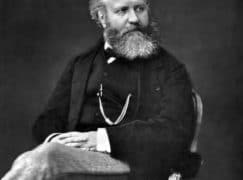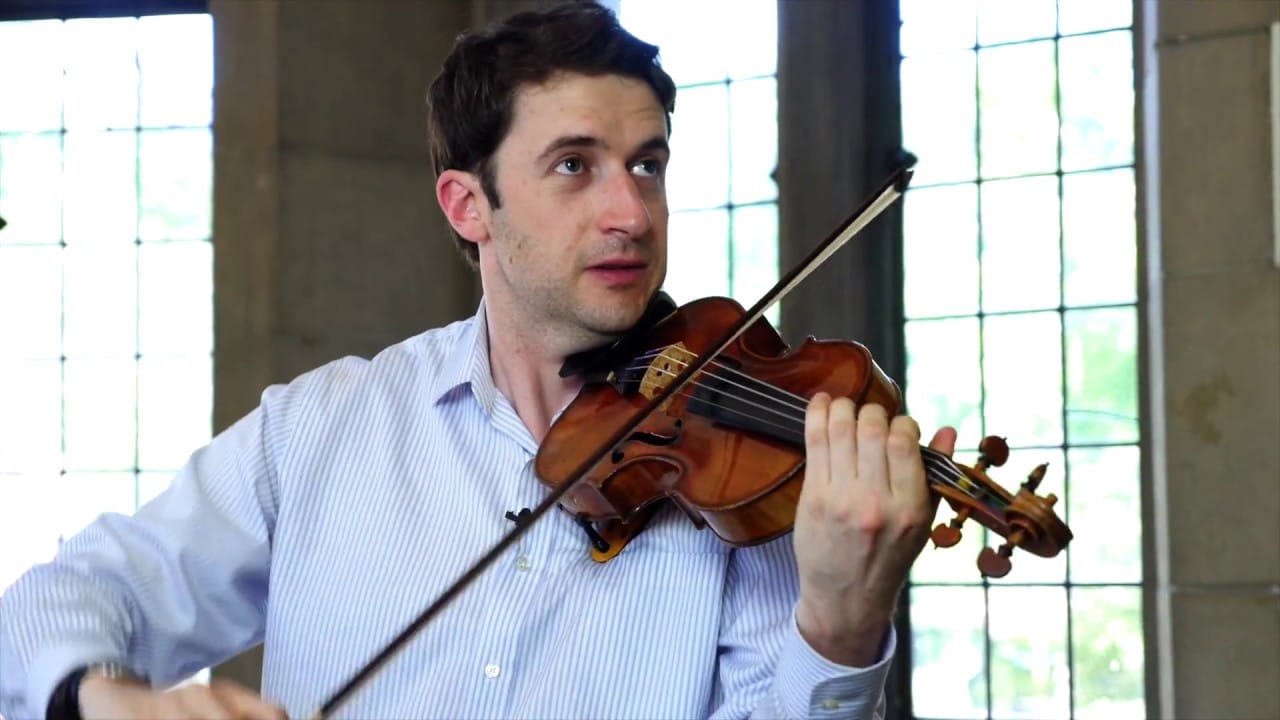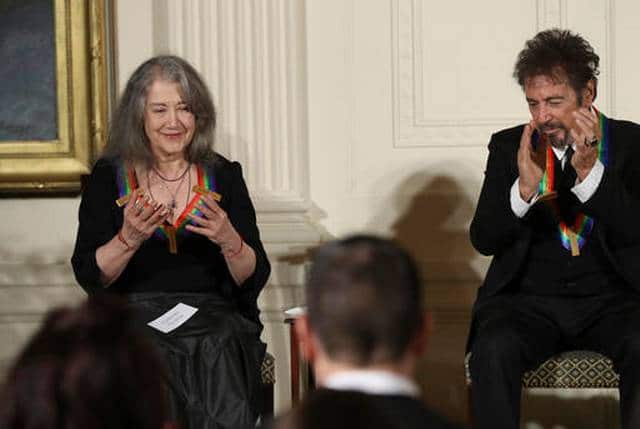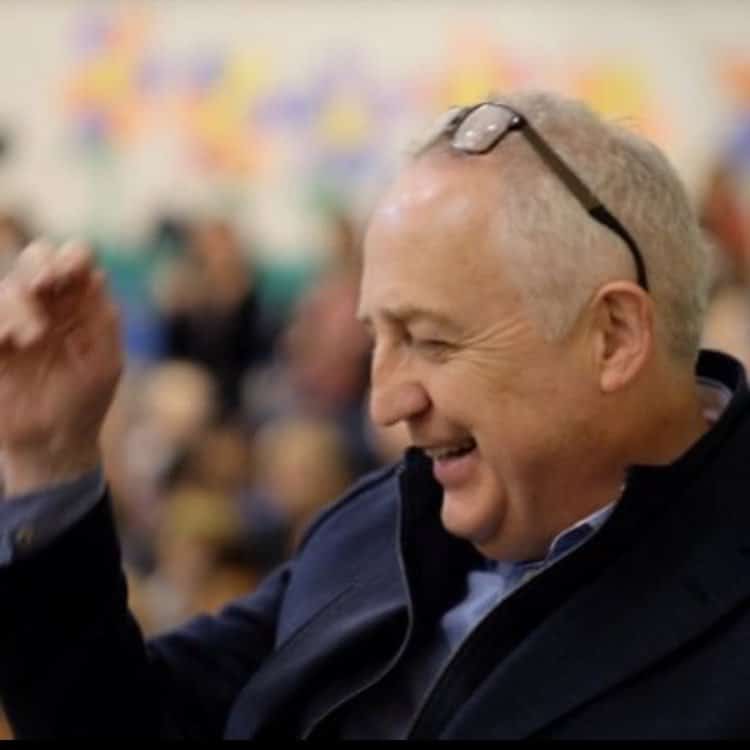Are you game for five acts of Gounod?
mainCharles Gounod’s opera La reine de Saba received its US premiere last night in Boston, in the original, unseen five-act version.
Any good?
First review here.
There’s a warning that more Gounod will hit Boston next month.






Comments